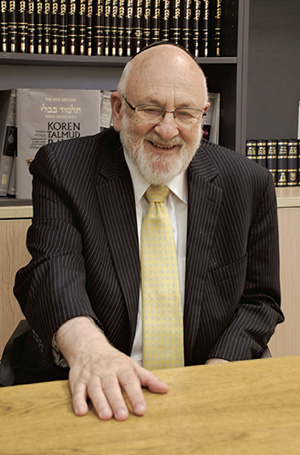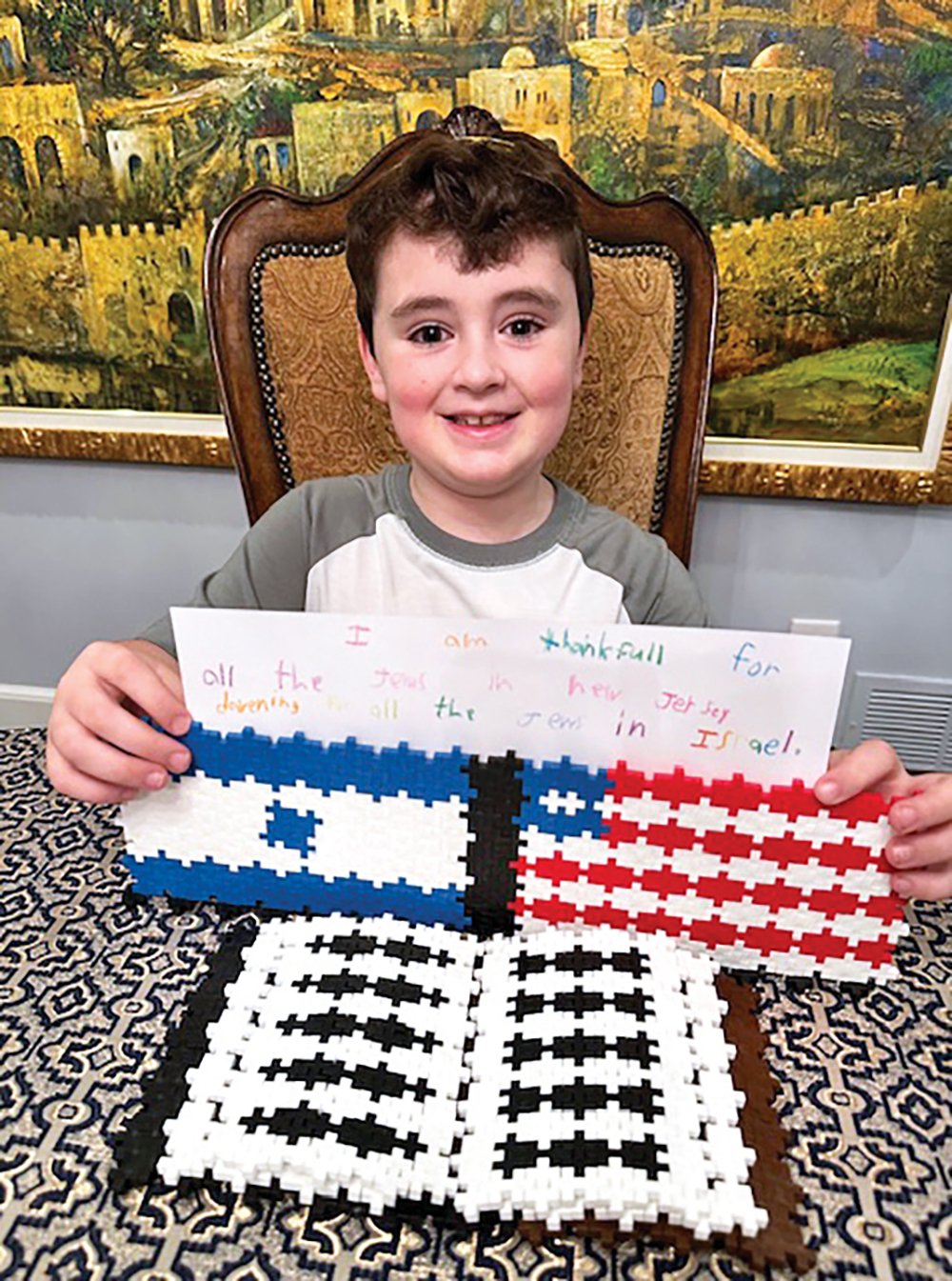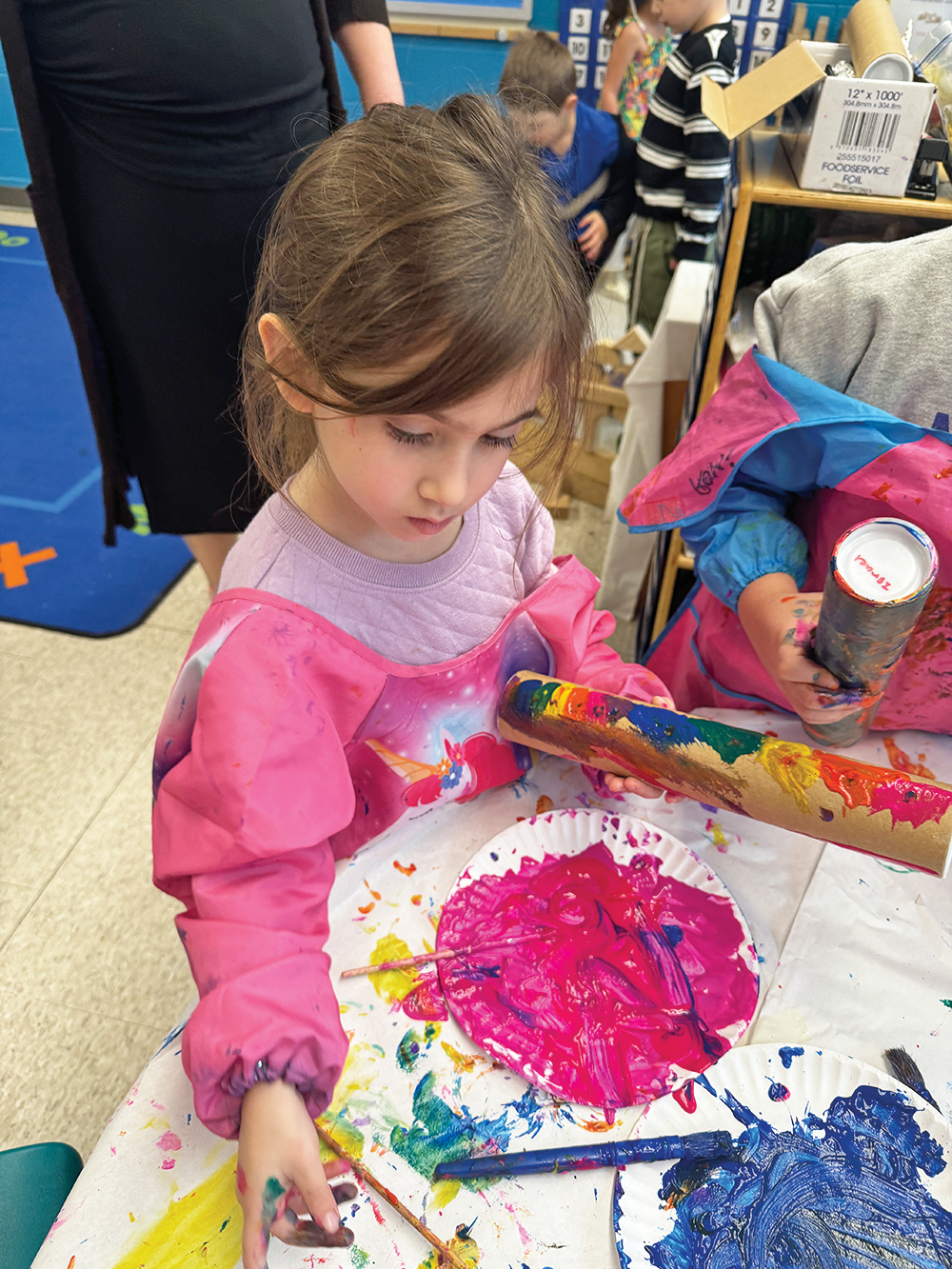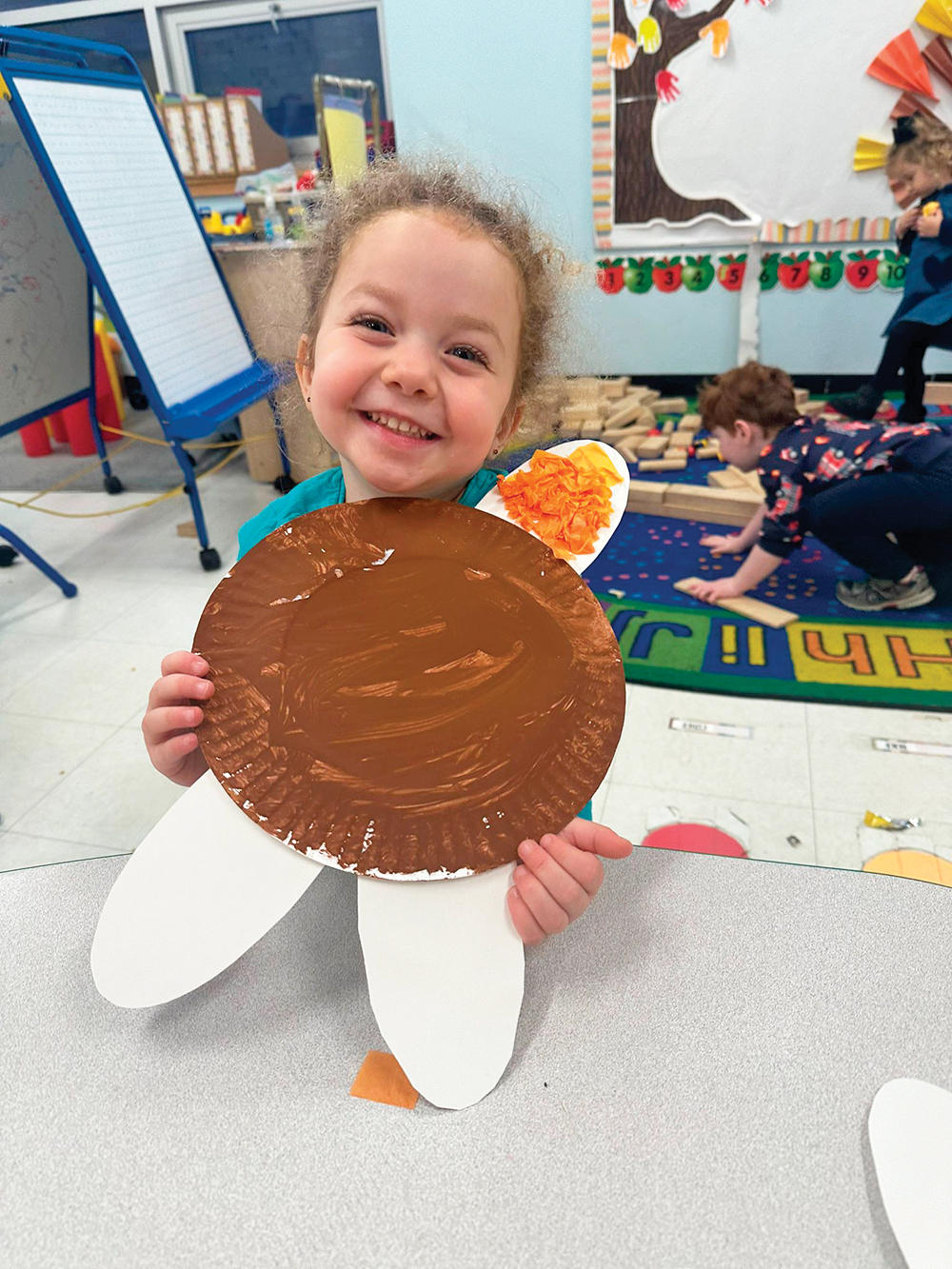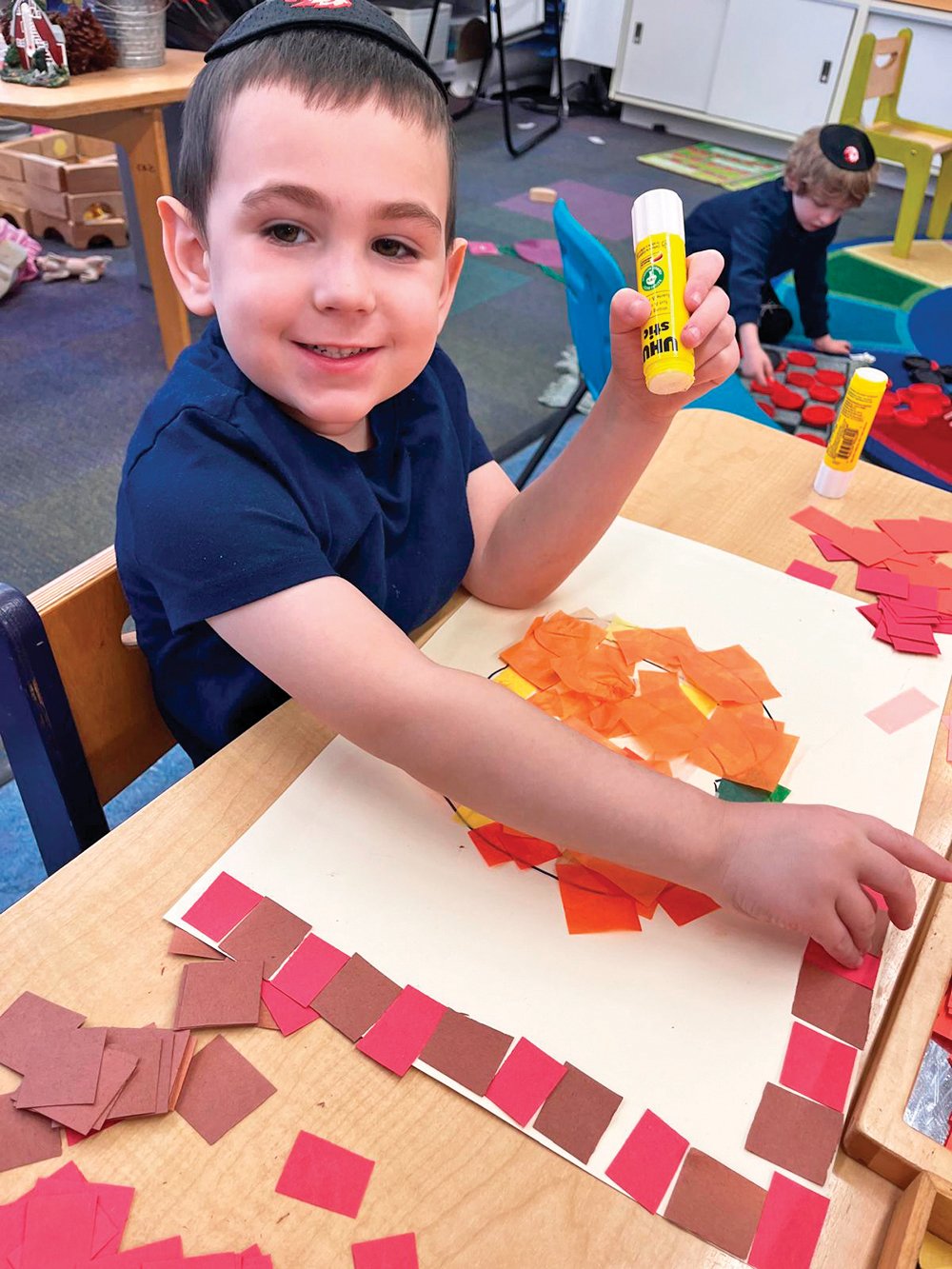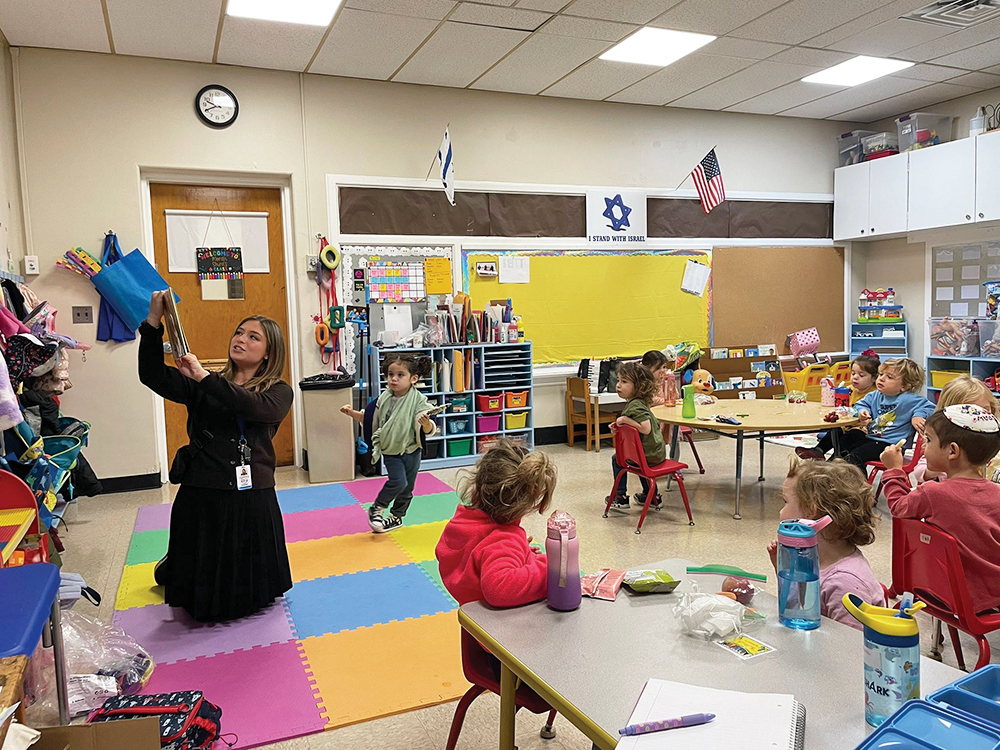

As we all know, the second-most-referenced book of the Bible in our sacred liturgy is the Book of Psalms, the Sefer Tehillim. And one of the finest commentaries of recent vintage is that of Rabbi Dr. Tzvi Hersh Weinreb’s Psalm 27 in the Koren Tehillim, a work I previously referenced in my column, The Kosher Bookworm.
With the festival of Chanukah just about to begin, I choose to revisit Rabbi Weinreb’s work, this time written especially for this column, his take on Psalm 30, a prayer that begins our services every single day of the year.
In addition to this daily liturgical regimen, on Chanukah itself this very same psalm is repeated at the end of every morning service, and, in some shuls, it is also said at the end of every evening service.
The reason for this Chanukah liturgical ritual shall be the main focus of this week’s essay. Sit back and let us learn together from Rabbi Weinreb’s sacred teaching:
“Psalm 30 is customarily recited during Chanukah. A cursory reading of the psalm shows no apparent connection to the stories and symbols of the Chanukah holiday. The psalm deals with the existential issues of life, and speaks eloquently of the fragility of life and the possibility of hope and deliverance. What do these things have to do with a holiday that celebrates both a military victory and the miracle of the lamp with oil sufficient for but one day that lasted for eight days?
“In order to discover an answer to this basic question, another question must be asked. The first verse of the psalm reads: ‘A psalm, a song of dedication of the Temple, by David.’ One would therefore expect that the song would continue by speaking about the Temple and its significance. Instead, the psalm speaks about David’s gratitude to the Almighty for sparing him from his enemies, for healing him and for delivering him from the grave.
“And so we have a double question: what connection does the body of the psalm have with this first verse, and what connection does it have with the holiday of Chanukah?
“I think that the answer lies in the nature of the Temple, or, in our times, the miniature Temple, which we call the synagogue. In some religions, there is a distinct gap, a divide, between the house of worship and one’s daily life. In our religion, there is no such divide. The same sense of nearness to God, which pervaded the ancient Temple, and which now pervades the synagogue, must carry over into every aspect of everyday life.
“Hence, when David begins to sing the praises of the Temple, he describes neither its splendid architecture nor its imposing beauty. Rather, he speaks about the inner emotions of man. He speaks about man’s fears, his moods, his false self-confidence, his vulnerability and his ultimate mortality.
“This is one of the lessons of Chanukah. Yes, the miracle of the candles took place in the holy precincts of the Temple. But the primary and preferred locale for the candle lighting of the menorah today is the home, not the synagogue. The lessons of Chanukah are lost if they are relegated to the house of worship. They must be learned in the houses of life, of family life.
“With the above reflections in mind, we can now see how every phrase in the psalm connects to Chanukah.
“Verse 3, for example, asserts that God has a role to play in healing illness, that illness is not merely a matter of physiological fault: ‘Oh Lord, my God, I tried to call You and You did heal me.’
“Or consider Verse 6: ‘Weeping will carry for the night, and joy will come in the morning.’ These words of assurance and hope are not just a meditation for a Temple service. These are words for home and hearth.
“As a final example, take the concluding verses of the psalm: ‘You turned my mourning into dancing…Therefore I will thank you forever.’ Thanksgiving is one of the major themes of the Chanukah holiday. Expressing one’s gratitude to the Almighty and expressing one’s gratitude to his fellow man are among the essential qualities of our holy faith.
“However, Judaism also teaches that expressions of gratitude cannot be limited to ritual occasions. They are for ‘Ish u’baito,’ a person within his home; thus, within his domestic context.
“Praise and thanksgiving, expressed so beautifully in the climax of Psalm 30, are the central mitzvot of the Chanukah holiday. Lighting the candles, in a family setting, is ultimately itself a psalm, an expression of praise and thanksgiving, not in words but in the humble act of lighting a candle.”
“Despite—indeed because—of this, the shamash towers above all the other lights of the menorah. To forgo one’s own luminary potential in order to awaken a flame in others—there is no greater virtue.”
By Alan Jay Gerber
This article was originally published in The Kosher Bookworm.


